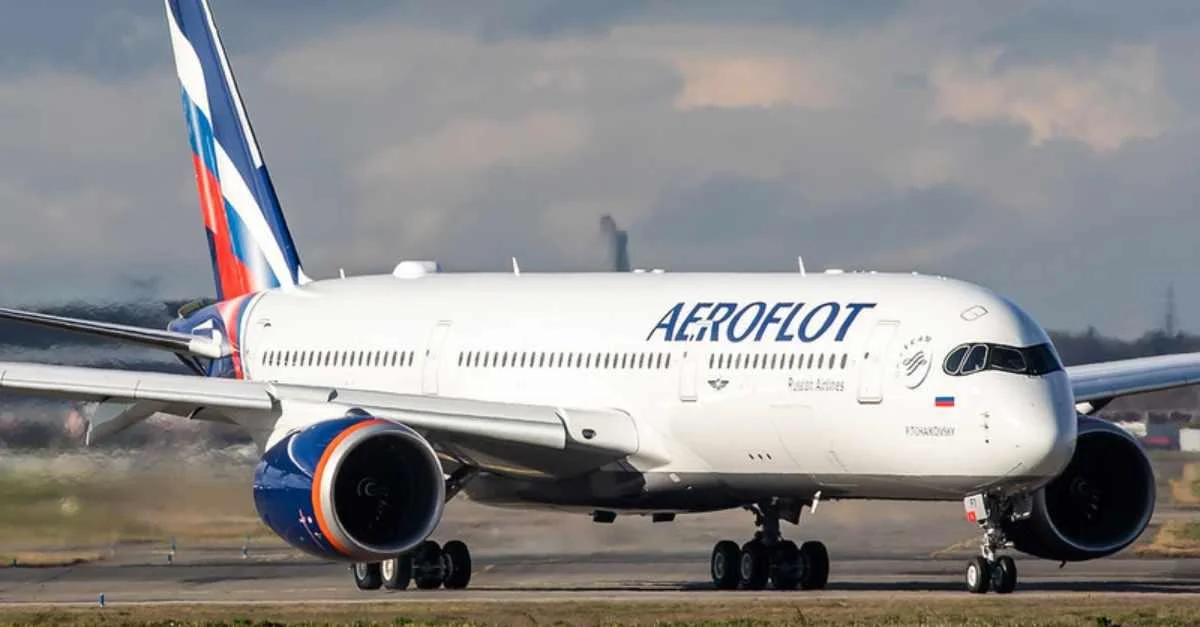As diplomatic efforts persist to resolve the ongoing conflict between Russia and Ukraine, the issue of resuming direct air service between Russia and the United States has emerged. Russia has expressed a desire to reinstate flights to the U.S. as part of the negotiations. However, the European Union remains unconvinced.
The EU's reluctance stems from safety and security concerns. Given Europe's geographic position, the EU could thwart any efforts by Russia to reconnect with the U.S. via commercial flights. According to Politico, the EU can continue its ban on Russian aircraft in its airspace to disrupt such plans. Without access to EU airspace, Russian carriers like Aeroflot would struggle to serve the U.S. market economically.
A European Commission official emphasized the region's firm stance: "First, EU sanctions stand firm against Russia, which includes a ban on Russian airlines flying over EU airspace."
 Alerts Sign-up
Alerts Sign-up










